Leave your skin and hair feeling silky smooth with this amazing oil. It is full of fatty acids, vitamins and minerals. When you apply it, it feels light and absorbs quickly.
The seeds of watermelons are pressed to make this oil. Any by-products are kept for use in animal feed.
Try watermelon oil in lotion, serums, bath bombs, and more!
What is watermelon seed oil?
Watermelon seed oil comes from the southern parts of Africa (Kalahari desert region). From there it was exported to other parts of Asia, Europe and North America. Known in Africa as Ootanga or Kalahari seed oil, it has been used for its medicinal properties for over 5,000 years.
The oil is extracted by cold pressing of the watermelon seeds after they are dried. It has a pale yellow color and a slightly nutty smell. It is generally available in a refined form that can sometimes be odorless.
There are typically two types of watermelon seed oil used in the cosmetics industry: Citrullus lanatus seed oil and Citrullus vulgaris.
The former is obtained from wild watermelons grown in southern Africa (also called Kalahari melon), while the latter is obtained from the common red and green watermelons found worldwide. Both have similar properties and benefits for the skin and hair.
Watermelon seed oil moisturizing properties
Watermelon seed oil was found to have a fatty acid profile consisting primarily of: linoleic acid (51%), oleic acid (36%), stearic acid (5%), and palmitic acid (6%).
Linoleic acid is a fatty acid that helps the skin build its lipid barrier, stay hydrated and protect itself from aggressions. Due to its combined action with oleic acid, this oil is able to prevent transepidermal water loss. It does this by sealing the moisture in the deeper layers of the dermis.
Watermelon seed oil antioxidant properties
A recent 2020 study found that watermelon seed oil contains a high concentration of vitamin E and other phenolic compounds. It also contains trace amounts of vitamin A. These antioxidants help protect the skin from damage caused by free radicals when exposed to UV radiation and other environmental factors. These compounds also help regenerate skin cells by stimulating the production of collagen.
Watermelon seed oil anti-inflammatory properties
The combination of fatty acids and tocopherols in watermelon seed oil gives it the ability to soothe and calm irritations. This makes it an effective anti-inflammatory ingredient for personal care products.
Benefits of watermelon seed oil for the skin
When it comes to the skin, watermelon seed oil has the following benefits :
Moisturizer for all skin types
Watermelon seed oil is one of the most versatile moisturizing oils on the market. Its properties are such that it meets the needs of all skin types.
Dry Skin: The fatty acid composition of watermelon seed oil makes it a super-emollient for dry skin. Its ability to lock in moisture deep within the dermis helps restore the moisture/lipid barrier of anyone suffering from dry or dehydrated skin.
Oily skin: The linoleic acid in this oil helps regulate sebum secretion in oily skin. Due to its light texture, the oil is easily absorbed by the skin without the risk of clogging pores.
Sensitive/Adult Skin: The high content of vitamin E and linoleic acid make it a soothing moisturizer for skin types that often show signs of irritation.
Anti-aging effect of watermelon seed oil
Aging caused by the sun is one of the main causes of premature skin aging. Watermelon seed oil contains vitamins A and E and other phenolic compounds that give the oil strong antioxidant properties. The linoleic acid found in this oil helps protect the skin from damage caused by sun exposure. Therefore, it can be combined with collagen-stimulating ingredients such as retinol to improve skin elasticity.
Watermelon seed oil evens out skin tone
Watermelon seed oil contains traces of vitamin A and other minerals that help improve hyperpigmentation. The vitamin E present helps improve blood circulation and reduces dark circles around the eyes.
Non-comedogenic
With a comedogenic rating of 0-1, watermelon seed oil is unlikely to clog pores and is suitable for all skin types. The oil is quickly absorbed by the skin and leaves a non-greasy feeling after application. This oil is great for skin with tendencies to acne.
Anti-acne
One of the problems that people suffering from acne face is an imbalanced moisture barrier. In acne patients, linoleic acid is produced in lower than normal amounts. Thus, the use of watermelon seed oil may help to restore an abnormal and inflamed skin barrier in acne patients. This is made possible by the action of linoleic acid deep within the skin. It gets rid of dead skin cells and other impurities, as well as excess sebum that has accumulated in the pores.
Features
Melting point: Liquid at room temperature ℉
Oil color: Light yellow
SAP (bar) Value: 0.14
KOH (liquid) Value: 0.20
Odor of Oil: none
Ingredients (common name): Watermelon Seed Oil
Ingredients (INCI Name): Citrullus Lanatus Seed Oil
Origin: Africa
Extraction method: Extruded
Shelf life: 1.5 years
Recommended for Cold Process: yes
Recommended for melting and casting: yes
Recommended for Bath Bombs: yes
Safe for the eyes: yes
Safe for the lips: yes
Directions for use: Cold process soap to 15 percent. Lotions and creams up to 15 percent. Balms up to 10 percent.

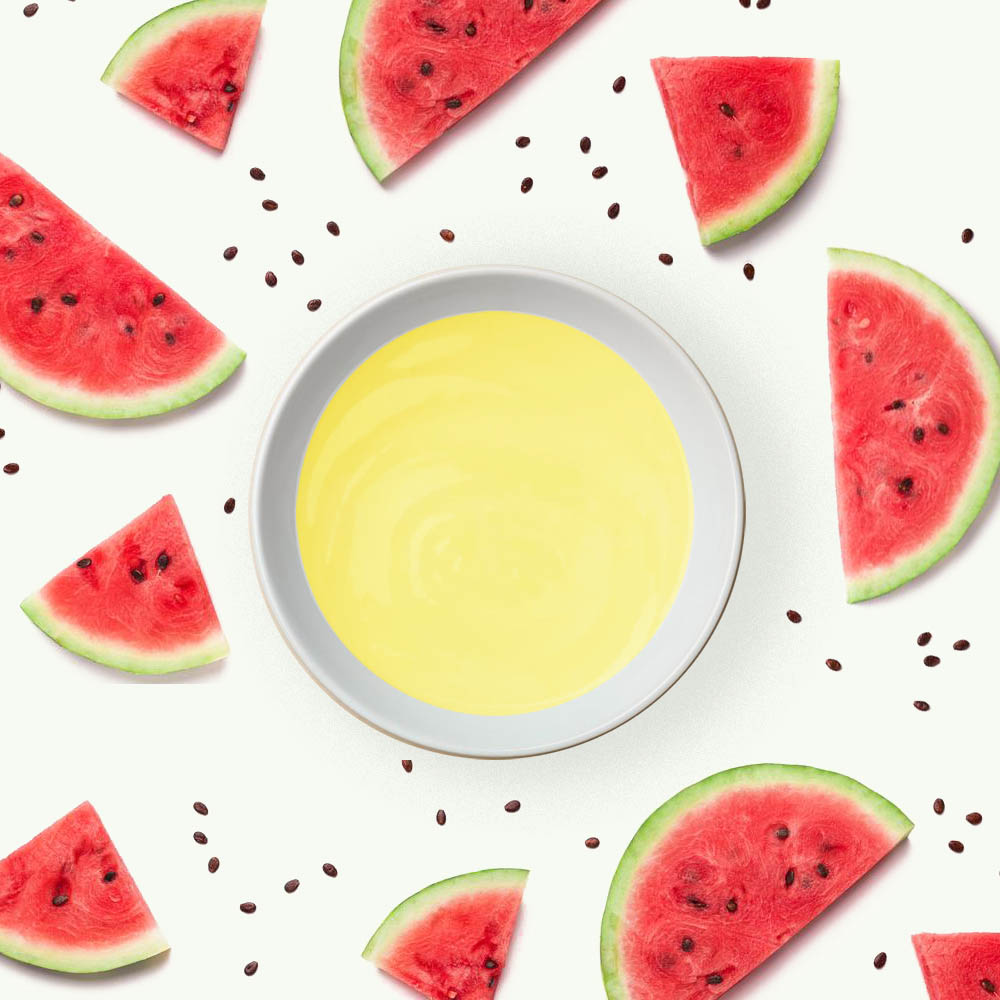
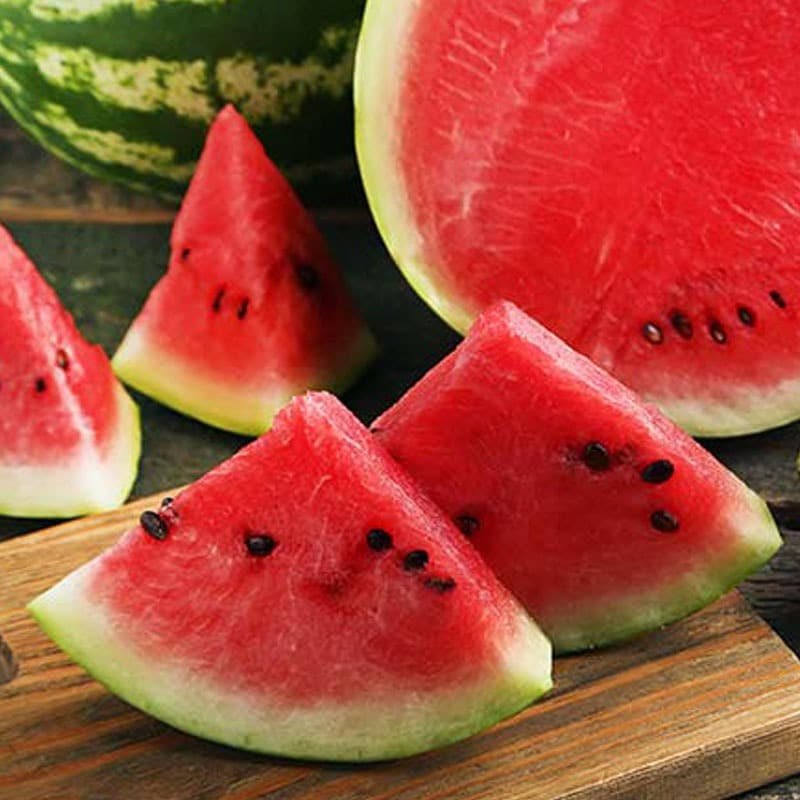


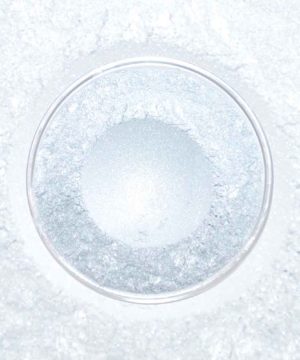
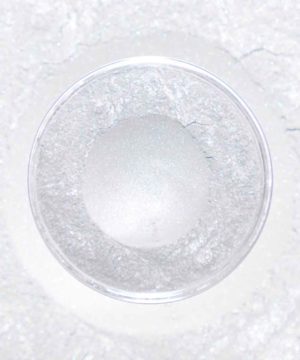
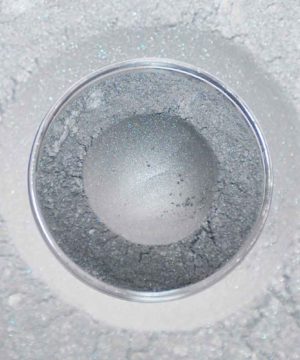

Reviews
There are no reviews yet.